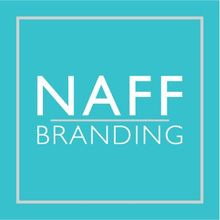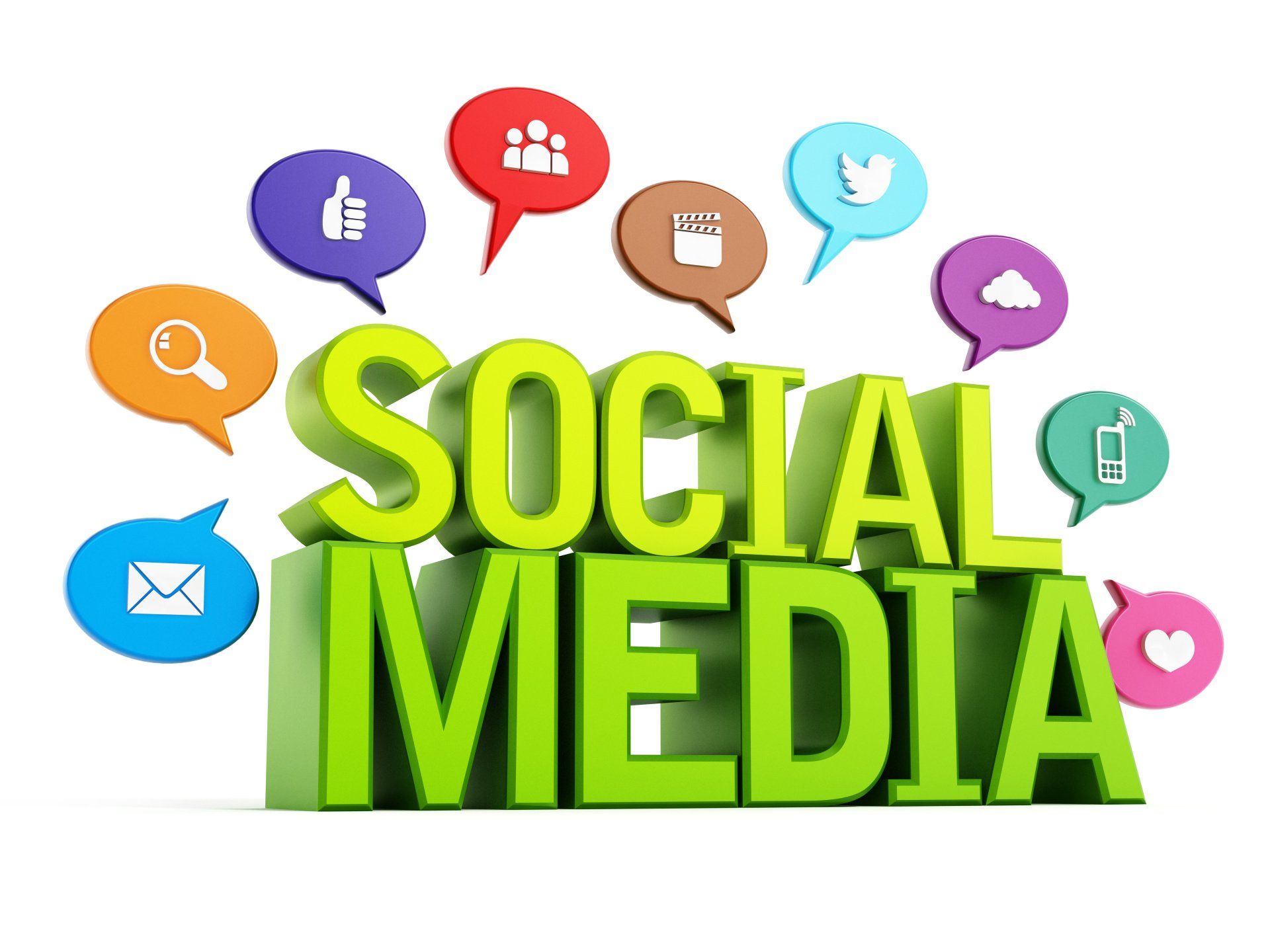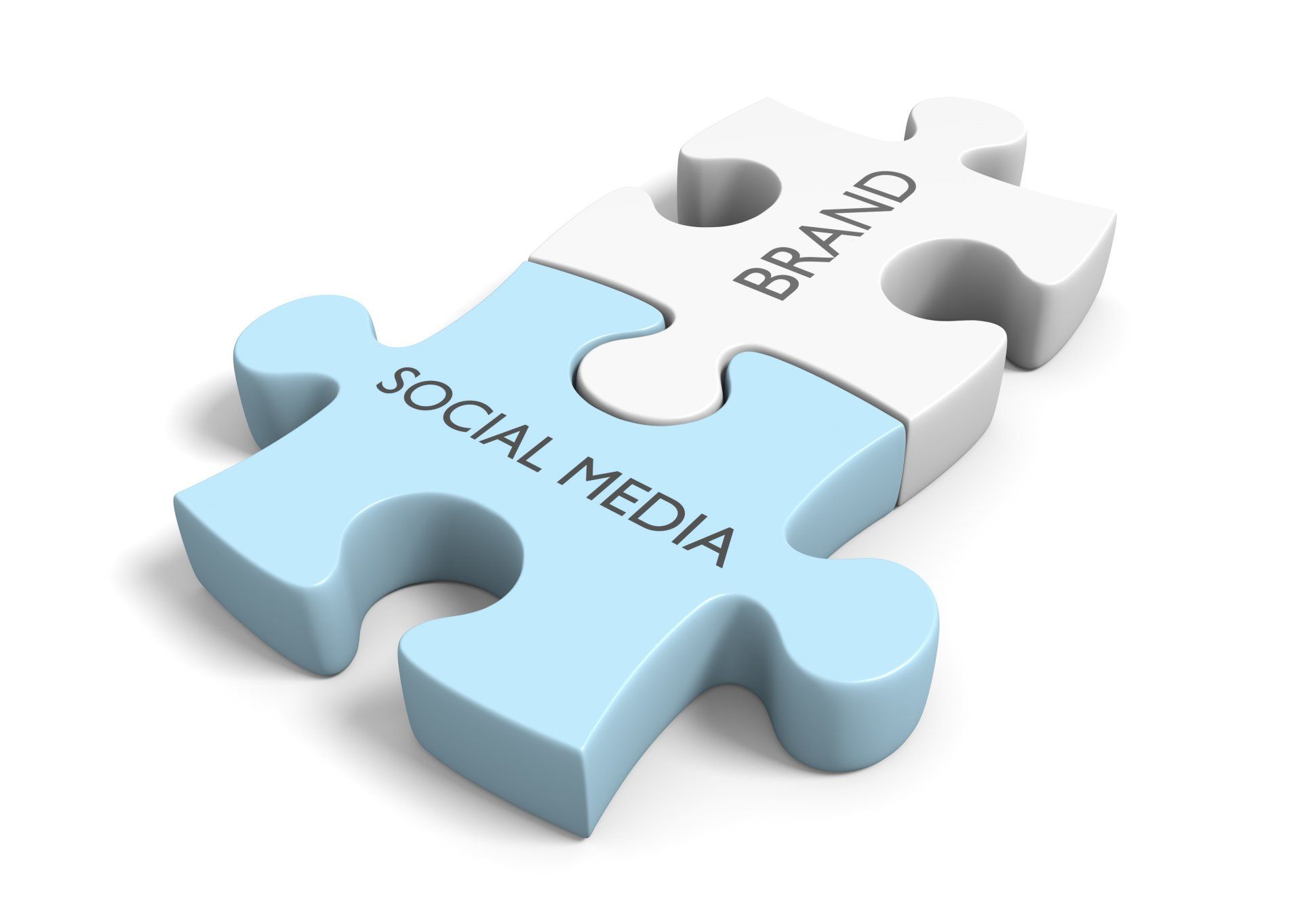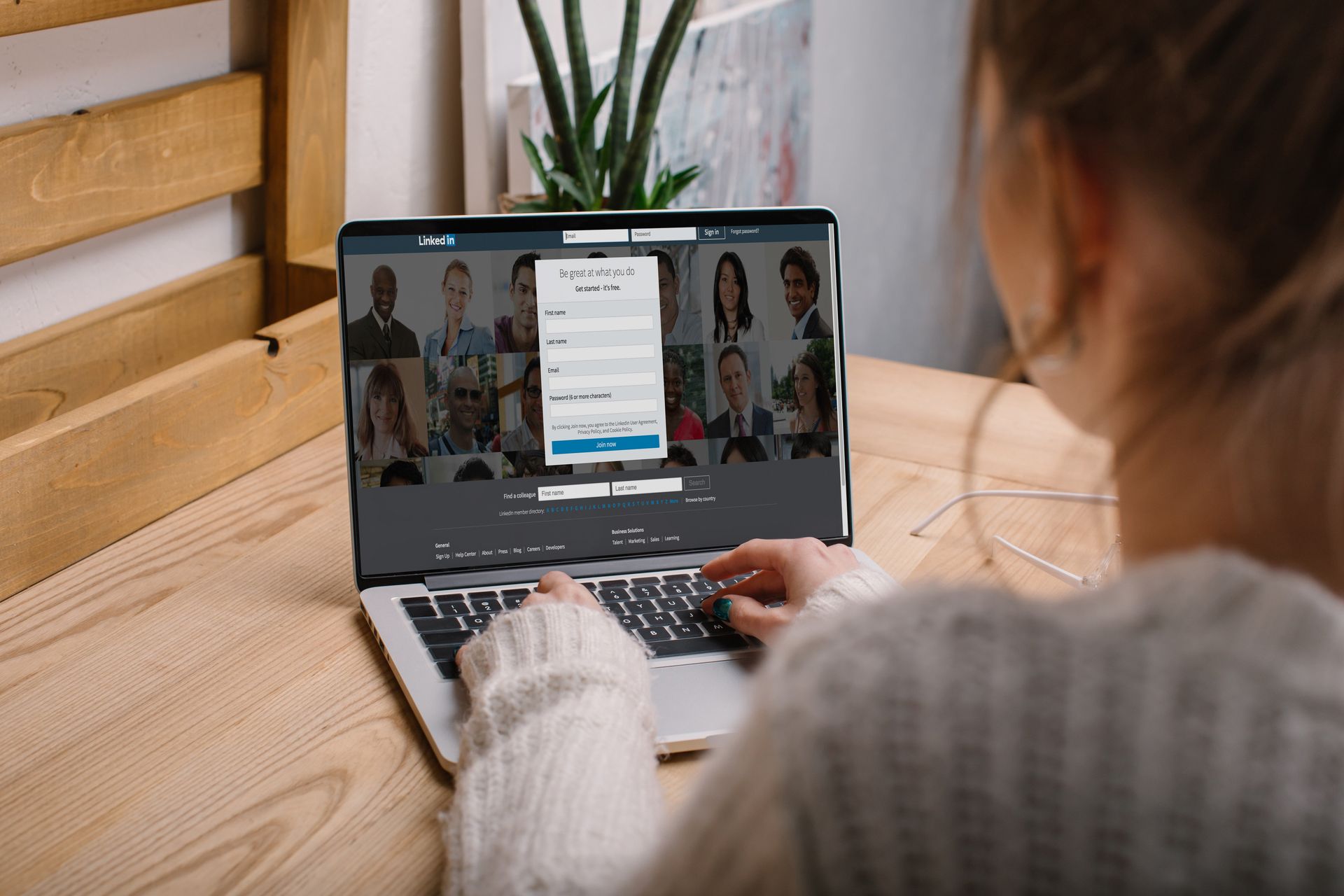Brand Personality - How To Find And Keep It
- By Beth Naffziger
- •
- 25 Jun, 2018
- •
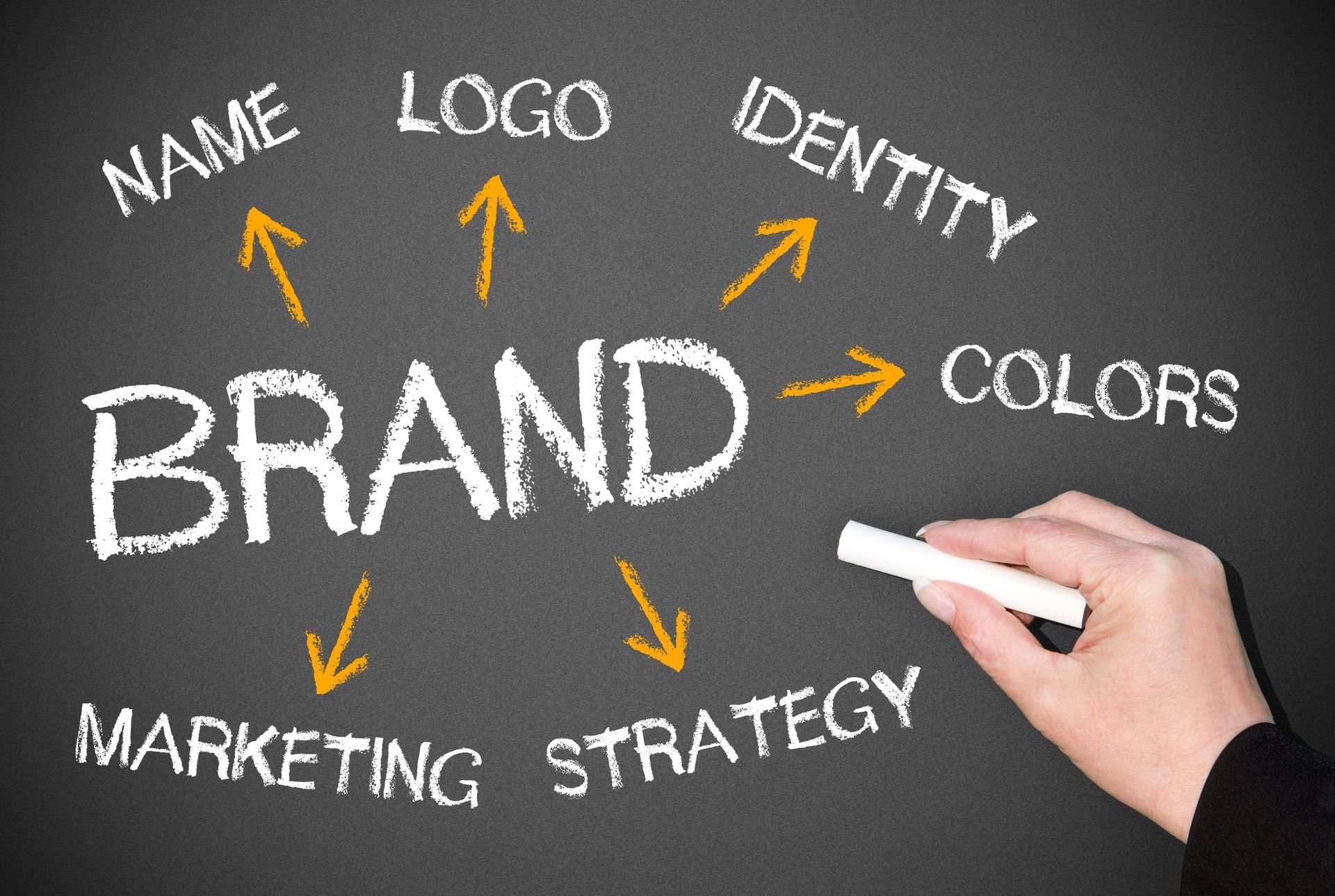
Brand Personality: What Is It?
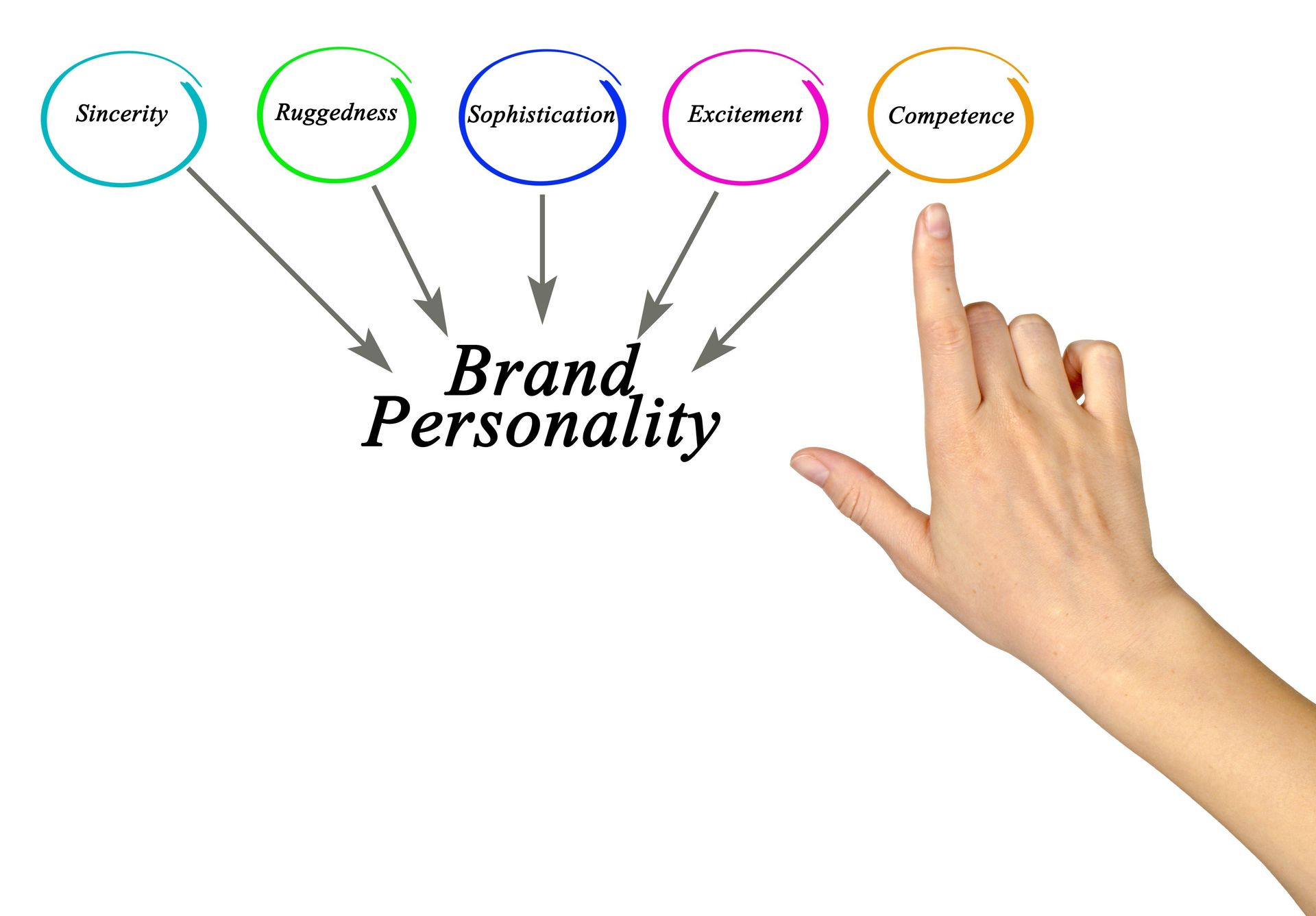
Brand personality is human characteristics applied to a company. It is something that customers can relate to, and by having a consistent set of traits that consumers enjoy, the brand’s equity can improve. Consistency is key, as you can send the wrong message if you continue to change up your brand’s personality. And sending the wrong message causes customers to turn away from your company rather than towards it.
A brand personality shapes the way customers see a brand and their products. It is very important to ensure that your brand personality attracts the right kind of consumers, as this is a key factor in any sort of successful marketing campaign.
Types Of Brand Personalities
There are five main types of personalities: sincerity, excitement, ruggedness, competence and sophistication. Which fits your brand? Customers are more likely to relate to the brand personality that is close to who they are and what they want.
Not sure from the names alone? Excitement is youthful, spirited and carefree. Sincerity is kind, thoughtful and focused on family values. Ruggedness is outdoorsy, athletic, rough and tough. Competence is successful, accomplished, influential and focused on leadership. Sophistication is elegance, prestigious and sometimes even pretentious
Some brand examples: Dove chose sincerity, Chanel chose sophistication and REI chose ruggedness. Look at how the brands you know present themselves and see if you can identify which brand type they are going with.
The Importance Of A Powerful Personality
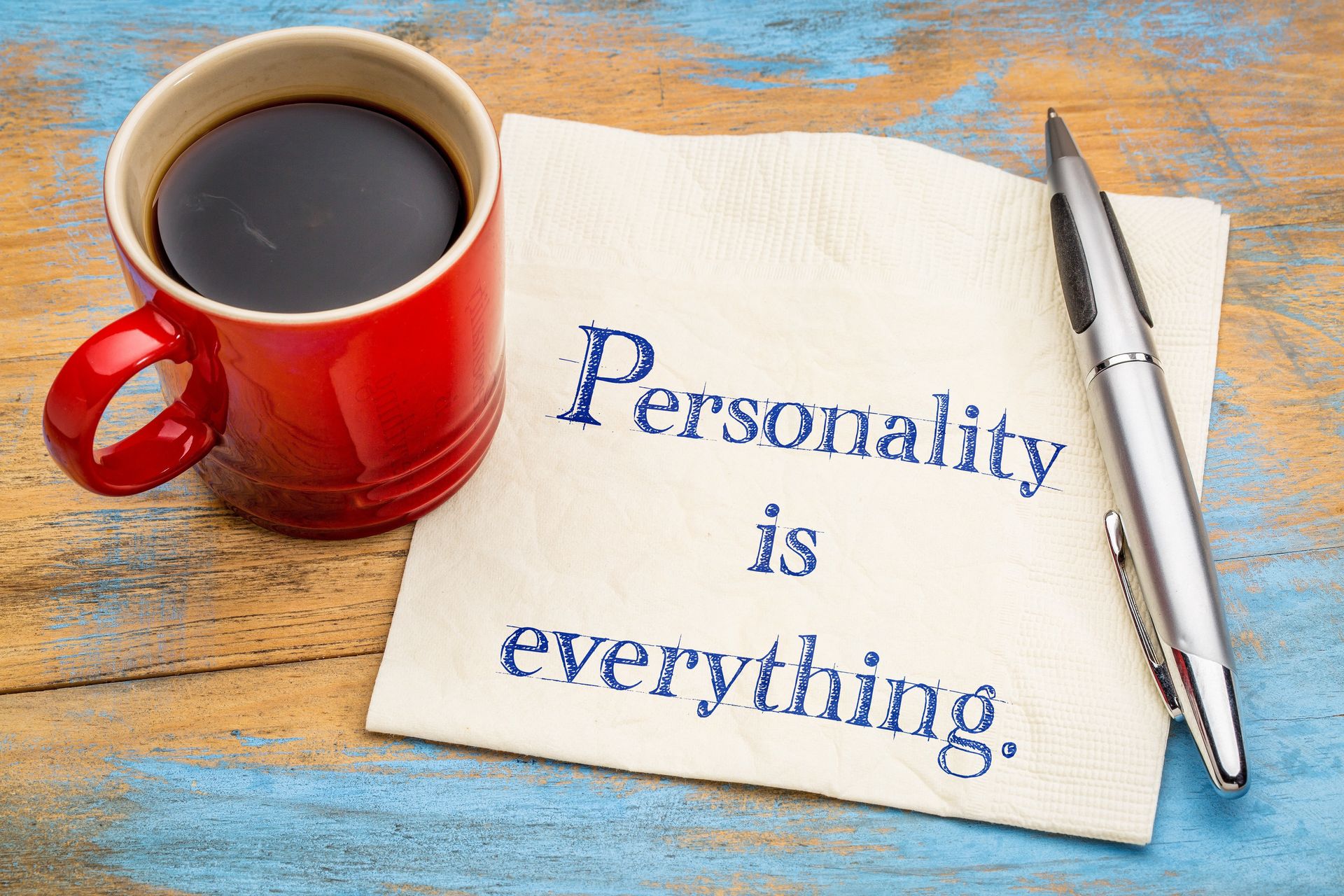
Branding affects everything, from the visuals associated with your brand to the type of people your brand attracts. It’s even possible that branding can affect the taste of food and drinks - branding is very powerful stuff.
Look at Pepsi and Coke for example, and the ongoing “feud” of which tastes better. This gets customers to choose a side, Pepsi or Coke, and makes them more loyal to the side they choose. They personally invest in the war, which benefits both sides.
If customers enjoy your brand personality, they are more likely to be loyal to your company. They can even buy into the culture around your brand, buying your products in an attempt to be more like the brand personality of your company.
Finding Your Brand Personality

Focus on the framework that is already there, the image you are already projecting and go from there. Build on this brand personality to bring it more into focus so that your customers can relate to your company.
Use your existing customer base to grow your brand personality: who are they? What do they relate to? How do they currently use and relate to your products? These questions and more will guide you on the path to finding your brand personality. These questions, if you can answer them, will tell you how your brand should act and the personality it should have.
Look at how your competitors are branding themselves. How can you differentiate yourself from the rest of the pack? If everyone else chose sincerity, perhaps you should go with competence or even sophistication depending on your brand and product - and the customers you wish to attract.
Keeping Your Brand Personality

Be consistent. This is probably the most important point to take away: be consistent with your brand personality. You’re locked in at this point, so enjoy the ride. Fit everything together from your color scheme to the images you use to market your product or service. A brand image that changes all the time is nearly impossible for customers to relate to, so remember your target market.
Interacting with others is a huge part of your brand personality, so ensure all social media posts reflect that personality. This may require training or retraining to keep your message consistent across all platforms.
Social media posts are a more intimate way to communicate to your customers and don’t require as much planning as a marketing campaign. Keep them on-brand to get the most out of them. Those representing the company should know what brand personality the company is trying to build, be fully aware of what is expected of them and know how to maintain the brand personality at all times.
Telling a story is a very important part of a brand personality. In fact, the story behind your brand and it’s personality can make or break the company. A good story will attract customers as they relate to the story, while a bad story, or lack of a story, will repel customers.
People love stories, especially the good ones - that’s how we relate to others, learn and understand the world. Tell the story behind your products or your company, whichever one is better, and stick with it. Try to go with the more interesting one so you don’t get sick of it. Another thing you can do is tell the story of your customers and the journey of how they use your products. This helps the customer understand what they are going to get out of your products and how to use them, as well as what they can expect from your company.
Brand personality is one of the most important ways to stand out in a crowded marketplace. Use a customer first approach to defining your brand personality and attract the right people to your products and services. Tell a good story and use care when interacting with others, especially your current or future customers - and everyone you interact with may become a customer, so treat them with the attention and care that you would give to a regular customer.
With years of marketing experience, I am here to help elevate your brand and company. Contact me today and let’s get started on creating your brand personality.
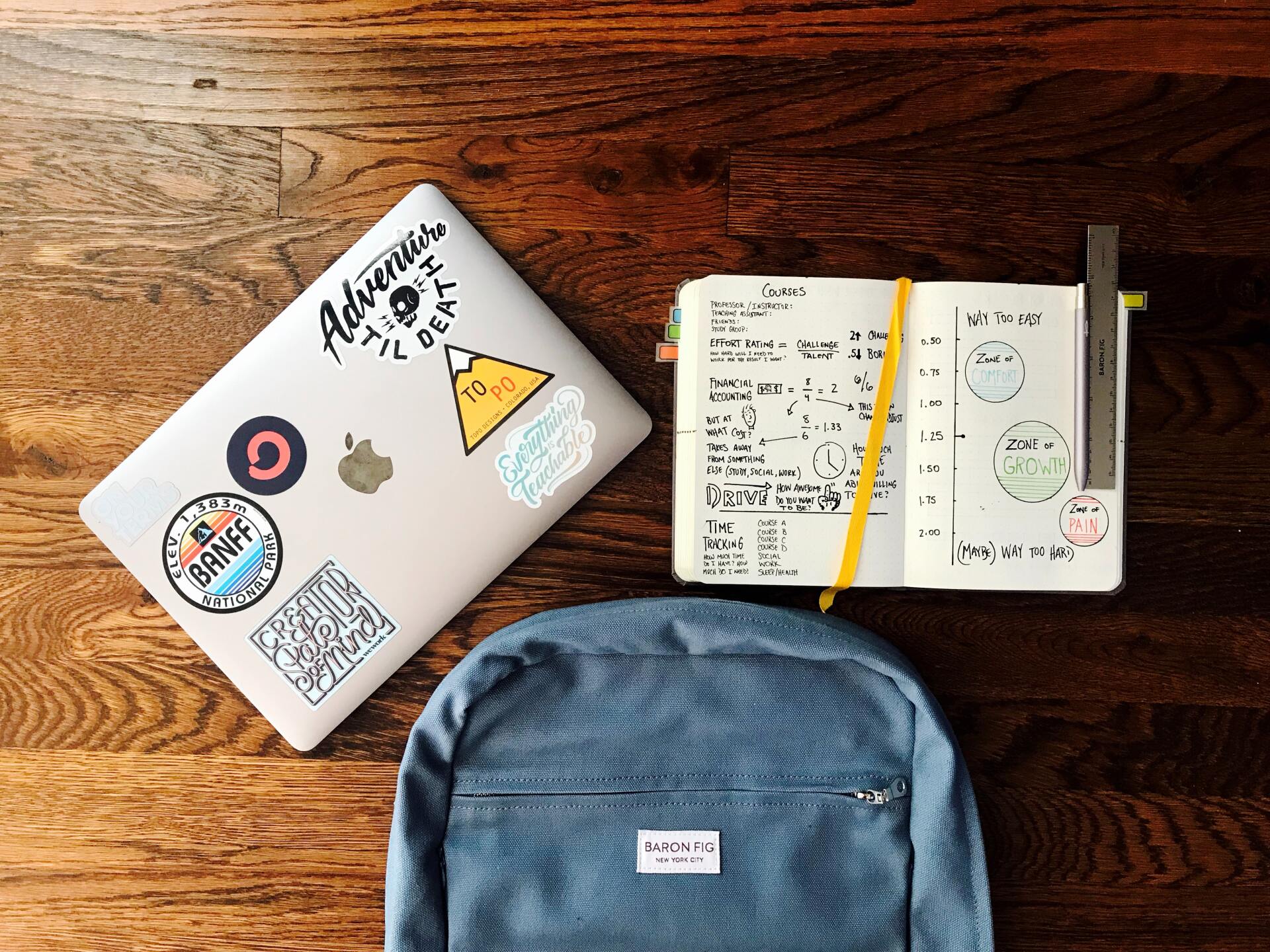
The year was, yeah, you don’t need to know that, and my college internship was as a promotions coordinator at a now-debunked radio station in Minneapolis. Now I can imagine you are reading this thinking, you lucky girl, I bet that was fun! If you consider driving a massive van around town, filled with crap and a million empty cups, going to events in weird places, and hauling things around, well, then yes, I was lucky. Now there were some perks. I met a few celebrities and did taste what it meant to be an event coordinator, which I wanted to do after school. It was an unpaid position, but I did get college credits for it, and more importantly, it was a job close to what I wanted to do, in the market I wanted to be in.
This experience was so valuable, even if at one event I had to sit at a used car dealership for a live remote or haul hair dryers in the Mall of America. It taught me responsibility, what an office setting is like, and that work is well, just that work. But most importantly, it helped me meet connections and get my first real career job when I graduated from college.
Forbes quotes a study that says a college graduate and working at a paid internship shows, 60% of the time, that internship will turn into a job offer.
If you are a parent of a college-age kid, have you asked them about their internship plans? If you are a college kid reading this, what is your plan? Have you started applying? Internships bring real-world experiences and help fill up a resume. Ideally, look for a paid internship and one that t college credits can be used to. Make sure to checked in with the career services department to understand credits and look for opportunities with alumni. Can you make any introduction to anyone in your network to see what openings they have? Ensure you or your student knows what areas they want to work in, which helps reach out to your network. The more specific you can be, the better.
Indeed lists of their top 12 reasons internships are beneficial. To get these beneficial internships, a quality resume is necessary. Do you have a resume that will stand out? Parents, does your child have one?
Make sure the resume is:
- Free of errors
- Shows a little personality
- Clearly articulates their jobs and activities, Captain of the golf team, make sure to list that!
- The resume should highlight the course load, any employment, volunteer positions, and collegiate sports.
If you are ready to start applying for internships, reach out to beth@naffbranding.com for a review and feedback for $49. Let’s tell your story and get you that first job.
Stay tuned for part two of this series as I discuss why you need to hire interns.

It’s the holiday season. For some, it means putting up decorations, fretting about family coming over, more holly, more jolly and more obligations. It means that you will be out and about more. Are already dreading your partner's company holiday party? Let’s think differently about the holidays. Focus on your career strategy, don’t focus on how many more calories you are going to eat.
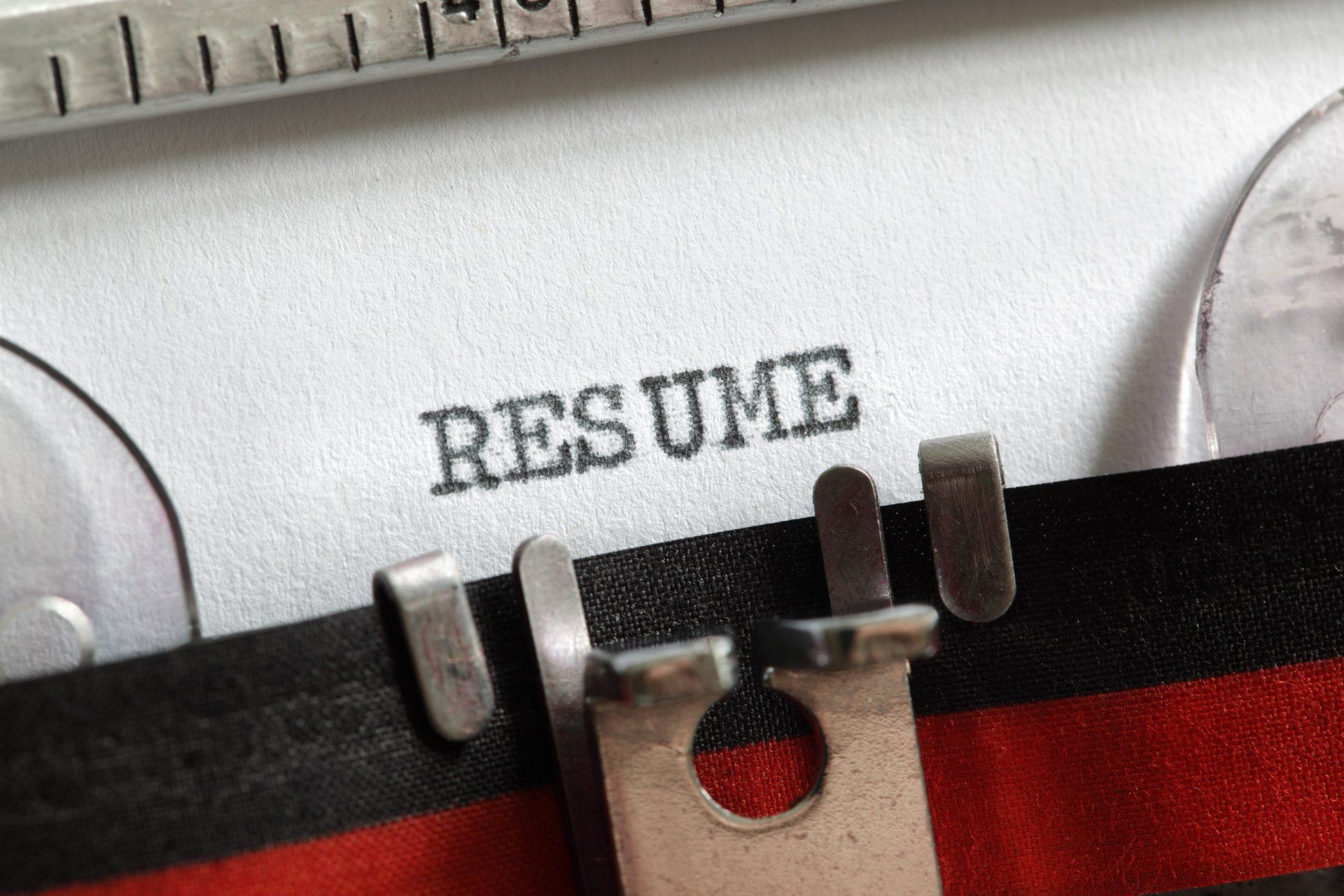
In today’s modern digital world, very few job seekers have the opportunity to physically bring a resume to a potential employer. Gone are the days of being able to take advantage of that initial face-to-face interaction with a smile, a handshake, and a witty anecdote.
Instead, you upload your resume and hope like bloody heck that it will make it past a gatekeeper and into the hands of someone who is in a position to hire you. I am here to help. I can give you advice and tips to improve your resume and get past the gatekeeper. Contact me for help in making your resume stand out and be the best that it can be.
The truth is, you likely have about one minute of someone’s attention once your resume lands in front of them, so make it count. With all you have to think about as you craft your resume, don’t lose sight of the small details that matter. Little things like the proper use of punctuation and capital letters are critical in this 60-second window. Don’t miss out on a job opportunity just because YOU COULDN’T CAPITALIZE PROPERLY. (Like that. Don’t do that.)
